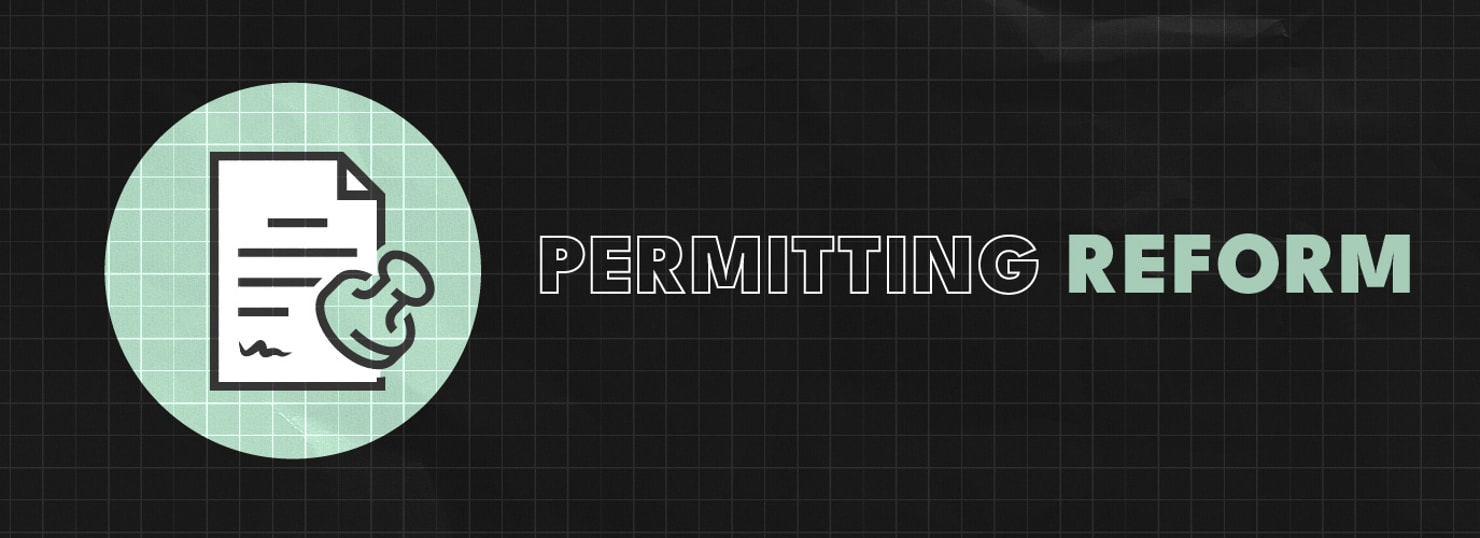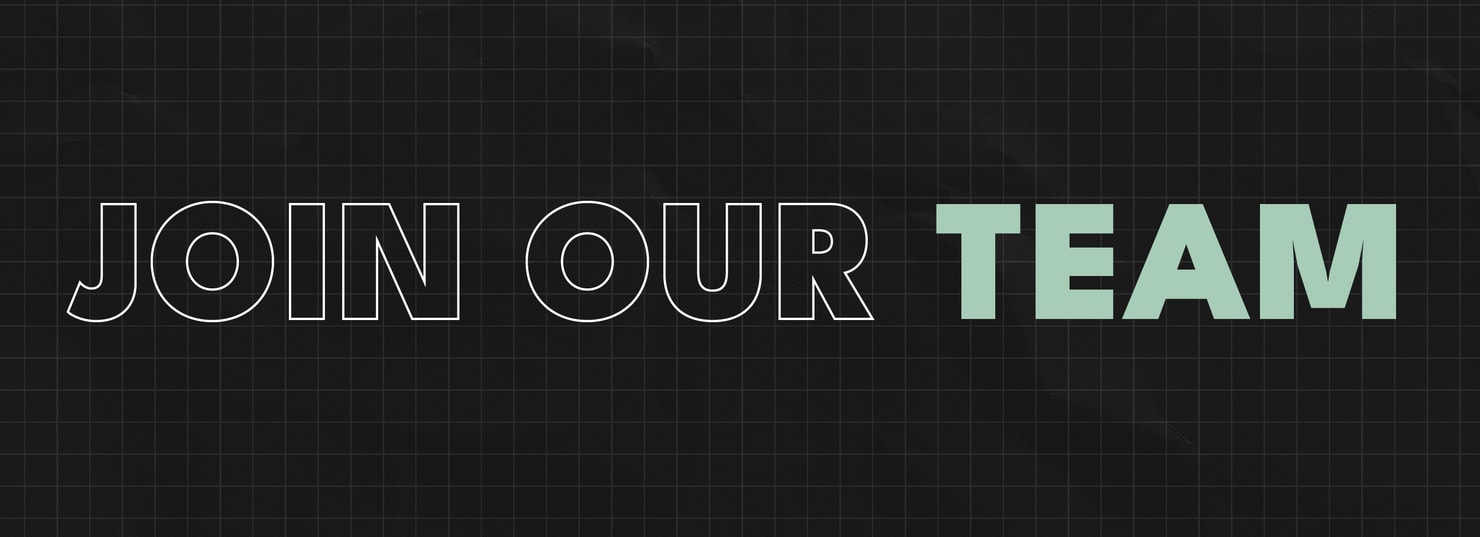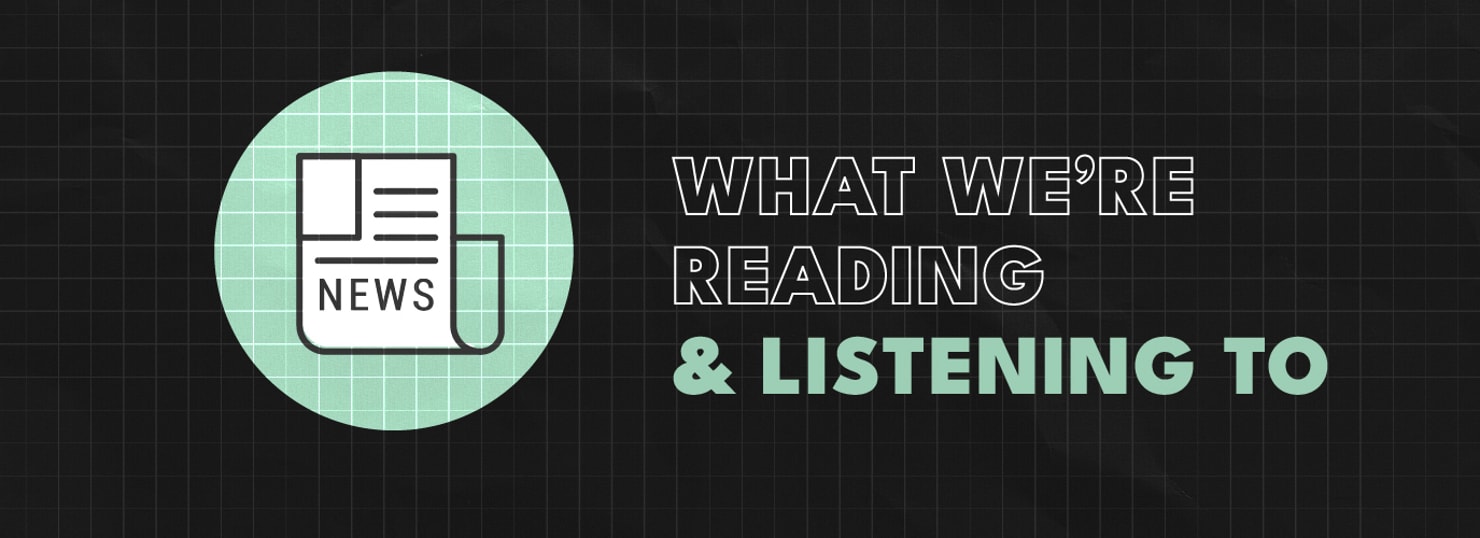Newsletter Published September 9, 2024 · 4 minute read
On the Grid: Calm Before the Storm 09/09/24
Mary Sagatelova

Click HERE to subscribe to this bi-weekly newsletter.
Welcome back to On the Grid, Third Way’s bi-weekly newsletter, where we’ll recap how we’re working to deploy every clean energy technology as quickly and affordably as possible and cut through the election year noise to parse out what this year means for clean energy.
With Congress back in session this week, we’re taking a quick look at the current landscape for clean energy.

Earlier this summer, Senators Joe Manchin (D-WV) and John Barrasso (R-WY) introduced the Energy Permitting Reform Act (EPRA) to speed up and simplify permitting and deployment for new energy projects. Energy demand is rising, and the US is still fighting to reduce greenhouse gas emissions and meet our climate goals. With over 10,000 clean energy projects sitting in the interconnection queue right now that could unlock serious emissions reductions, new and more efficient transmission lines are badly needed. The Manchin-Barasso bill may not be everyone’s idea of perfect, but it's a strong starting point to address transmission needs in a way that can garner the bipartisan support required for passage.
Why This Matters: The bill is controversial with many environmental groups, who are skeptical of its fossil fuel provisions. New analysis from Third Way shows that, while the fossil fuel provisions would increase emissions, the transmission components of this bill create emissions reductions that outweigh the fossil provisions. The analysis suggests that the impact from the EPRA provisions modeled would be a reduction of up to 16.6 gigatons of greenhouse gas emissions (cumulatively, between now and 2050) in a best-case scenario. That’s nearly 4 times the carbon the US emitted last year. Even in a worst-case scenario—with the highest projected fossil fuel output and the lowest anticipated transmission buildout—the bill would result in nearly a gigaton of net carbon emissions reductions by 2050. This climate benefit would occur even while domestic fossil production increased.
What We’re Doing: Manchin and Barrasso’s permitting deal will likely be a focus of the post-election lame-duck session in Congress. We think enacting some form of permitting reform this year is important to accelerate the deployment of American clean energy through the build-out of more transmission lines and renewables, nuclear, and geothermal. Our team is continuing to analyze and provide input into the proposal, as well as brief key stakeholders and decision-makers to ensure they fully understand the bill’s impact and are equipped to make informed decisions.

With the November election and major changes ahead in the White House and on Capitol Hill, the future of US energy policy is uncertain. The right is pushing to expand fossil fuel production, while the left is calling for more clean energy spending.
To break down what’s at stake next year, Josh Freed, Senior Vice President for Climate and Energy, joined Robinson Meyer and Jessie Jenkin on Shift Key. Tune into their conversation here.
For a deeper analysis of how a second Trump Administration would alter America’s energy landscape, you can read our memos unpacking the cost to working families and the negative impact on America’s manufacturing sector.

Personnel is policy. For future Democratic administrations, congressional offices, and campaigns, we need to ensure there are moderate voices in key roles to consistently offer pragmatic and sophisticated viewpoints.
That’s why Third Way is launching the Moderate Talent Pipeline. We are identifying, recruiting, and helping place moderate staff throughout government—political appointees in the White House and federal agencies, staff in congressional offices and committees, and leaders within prominent Democratic campaigns.
Know a talented moderate with an interest in government service? Spread the word about our new project and help connect moderates from all experience levels with new opportunities throughout government.
For more information about the Moderate Talent Pipeline, including where to apply, visit our site or contact Destine Hicks-Lundy at [email protected].

- Holly Buck, in The Jacobin, argues that the climate movement's current focus on fighting disinformation is diverting attention from more practical and necessary needs, such as addressing public concerns about the practicality and affordability of clean energy.
- Brian Deese, in Foreign Affairs, lays out a clean energy Marshall Plan to help the US compete in global markets and secure international leadership.
- Jason Bordoff, on Columbia’s Energy Exchange, talks with Dmitri Alperovitch, co-founder and chairman of Silverado Policy Accelerator, about clean energy competition with China and how the US can address China’s supply chain dominance.

